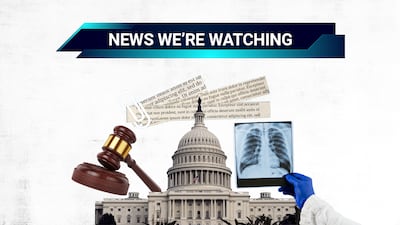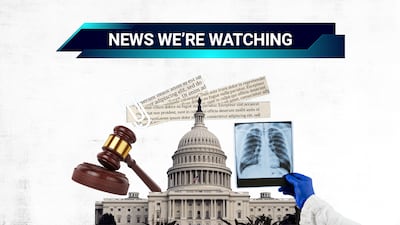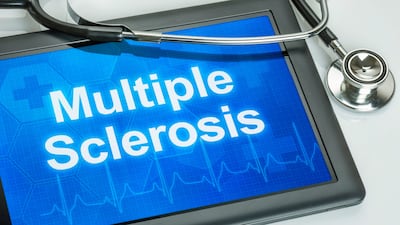ADVERTISEMENT
Immunology

A wealth of new therapies are set to successfully graduate from the pipeline in 2025. Within this cohort are a mixture of therapeutic areas, drug classes, first-time approvals, label expansions, and treatments that will meaningfully change how diseases are treated.

Unlike previous deals in this space which were mostly to do with discovering new compounds, the big pharma is paying $150m upfront to license a specific product.

Rapidly-mutating viruses can easily outpace even the fastest vaccine developers. To prevent another pandemic, biotechs are hoping AI might be able to predict mutations of concern and design vaccines against them before they arise.

This week, a medical group sued the FDA to block a lab-developed test rule; the FDA published guidance on device classifications; Defibtec issued a recall of its chest compression device and ICU Medical updated instructions for its infusion pump batteries; Maui Imaging raised a $4m DOD grant to put imaging tech into military-based trauma units.

This week, Nipro Medical Corp. announced it will invest $397.8m to build a US-based production plant, generating 232 new jobs; both Baxter and Hamilton announced ventilator recalls; Imperative Care wins FDA clearance for its stroke catheter; Intelligent Ultrasound Group plc entered into a conditional sale and purchase deal to sell its Clinical AI business to GE HealthCare for £40.5m; RMI distributed 350m rapid test kits in the fight against HIV/AIDS; Jiangsu Shenli Medical Production Co., Ltd received a second FDA warning letter about quality and safety of plastic syringes.

The diagnostics company is working in harmony with government-led efforts to reduce transmissions of HIV in the UK.

The US FDA recently published four guidance documents, two final — one concerning antimicrobial susceptibility test system devices and another related to devices with physiologic closed-loop control technology. The agency’s two draft documents pertain to electronic submissions for de novo requests and graft-versus-host diseases.

OrganOx will use the new money to scale up their commercial presence and further validate the efficacy of their Metra system.

The White House Office of Science and Technology Policy has released an updated national strategic framework outlining priorities and goals for federal investment in AI. Industry executive Peter Shen weighs in on the plan.

The US agency warns that autoinjector devices used to inject prescription multiple sclerosis drugs may only be compatible with certain drugs and not others.